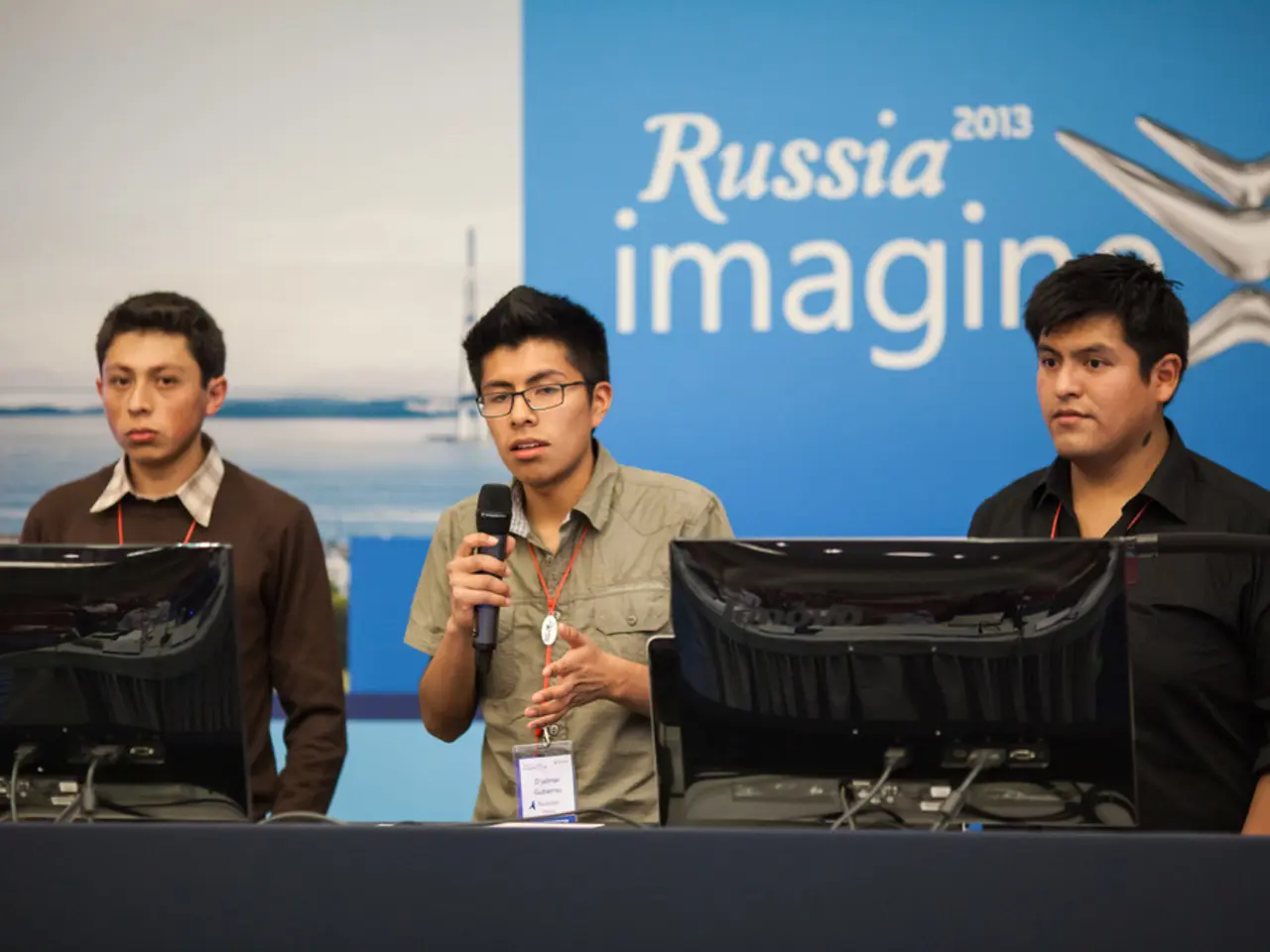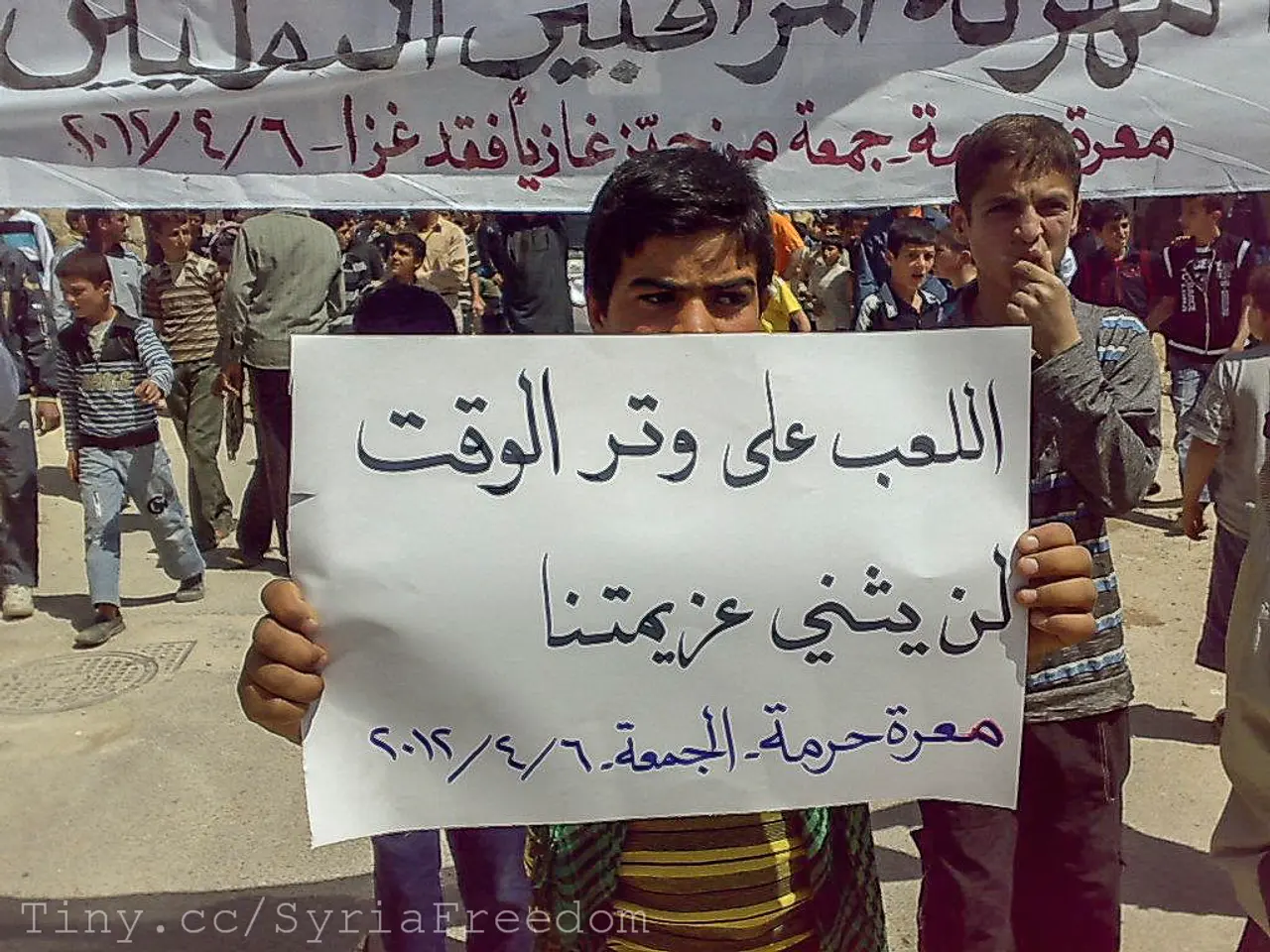Mexican ex-president Enrique Peña Nieto allegedly received a sum of $25 million from Israeli corporations in exchange for selling the Pegasus spyware during his tenure in office
In a recent development, an investigation has been launched into allegations that former Mexican President Enrique Peña Nieto accepted a $25 million bribe from Israeli businessmen Avishai Neriah and Uri Ansbacher during his presidency from 2012 to 2018. The bribe, it is claimed, was intended to secure lucrative government contracts for NSO Group, the company behind Pegasus spyware, which has been at the centre of international controversy for its use against journalists and activists in Mexico.
The controversy stems from a confidential arbitration finalized in late 2024 in a Jerusalem District Court, which detailed the businessmen's "investment" in Peña Nieto to influence contracts with Mexico's Defense Ministry, Attorney General’s Office, and National Security Intelligence Service. Central to these deals was Pegasus, a spyware developed by Israel’s NSO Group.
The allegations have brought attention to the murky intersection of politics, surveillance, and foreign influence in Mexico. The businessmen reportedly funneled the funds in exchange for privileged access to Mexican government contracts, particularly those involving surveillance technology. The use of Pegasus in Mexico during Peña Nieto's administration is a central focus of the investigation, with various Mexican agencies, including Sedena, PGR, and CISEN, reportedly involved in the deployment of Pegasus.
One of the most high-profile alleged surveillance targets was journalist Carmen Aristegui. Legal experts and civil society groups are now calling for a thorough investigation into the matter. However, the Mexican Attorney General's Office has acknowledged a lack of concrete evidence in Mexico and a history of uncorroborated complaints.
Peña Nieto has denied the allegations, calling them "completely false" and lacking journalistic rigor. The denial came in a statement on social media, where he also criticized the report as baseless and malicious. Despite this, the revelations have reignited scrutiny over the use of Pegasus in Mexico.
The report has not been verified by a court of law, but if proven true, it could have significant implications for Mexican politics and the global surveillance industry. The investigation is ongoing, and no formal charges have been filed in connection to the allegations.
The controversy surrounding the use of Pegasus spyware, developed by Israel’s NSO Group, in Mexico during Peña Nieto's administration has shed light on the murky intersection of politics, investments, and foreign influence. The allegations claim that Israeli businessmen invested in Peña Nieto, offering funds in exchange for privileged access to Mexican government contracts, particularly those involving surveillance technology.







